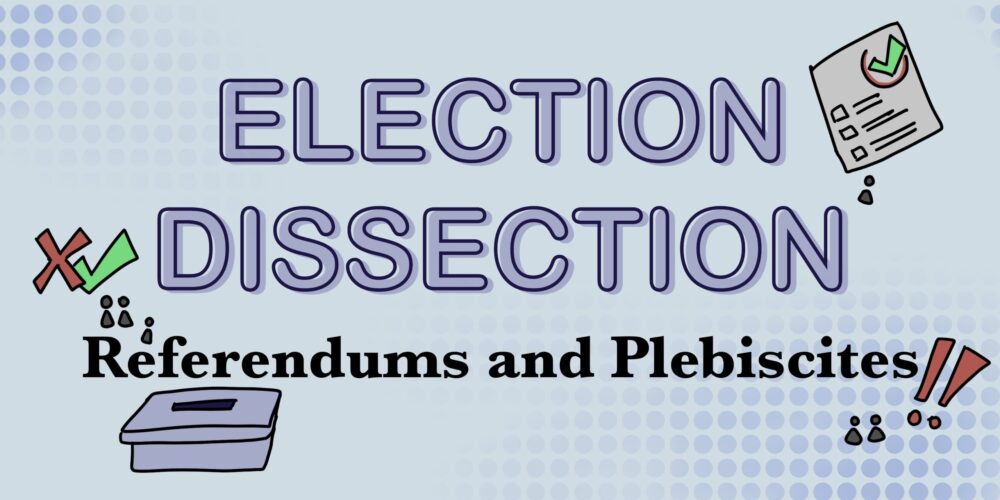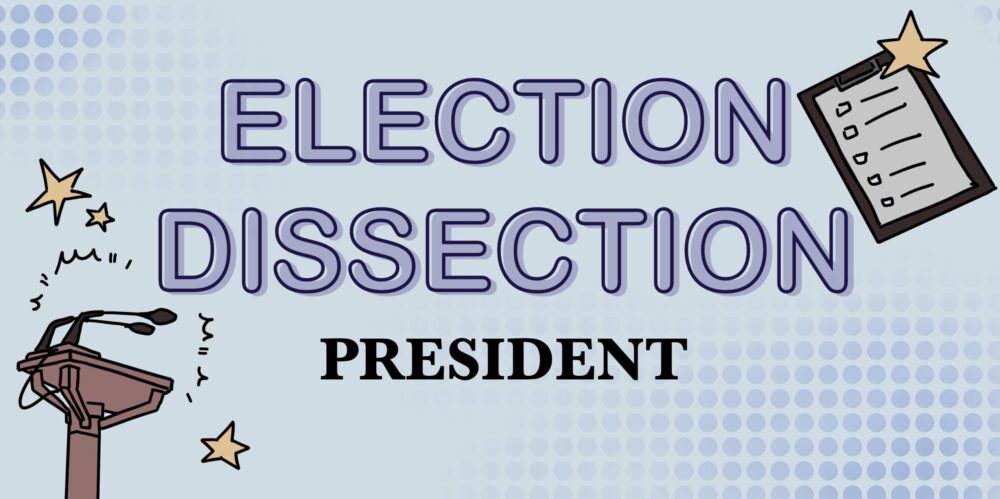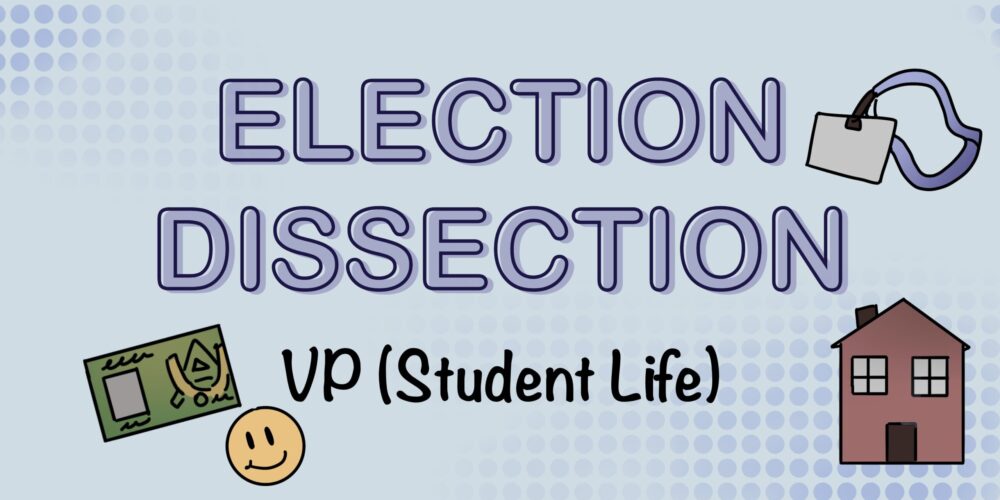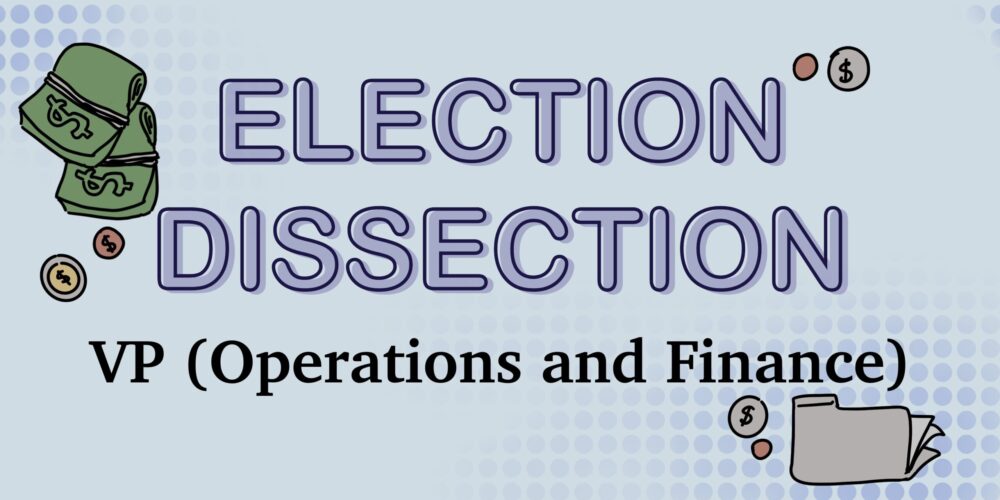 Helen Zhang
Helen ZhangIt’s not news to anyone that university is expensive. However, there’s supposed to be support you can access to help with the burden of the cost of tuition and other living expenses. But in recent years, that support hasn’t been coming through on time for students.
Post-secondary students across Alberta have been dealing with delays to receiving their financial aid from Alberta Student Aid (ASA). For many that means having to look elsewhere to be able to pay for their tuition, books, rent, and groceries. It adds more stress onto what can be an already stressful time of year.
ASA needs to work for students, and the University of Alberta Students’ Union (UASU) needs to be pushing for necessary changes to the system. ASA may be able to afford these delays, but students can’t. Students shouldn’t have to skip buying groceries or books for their courses because their financial aid didn’t come in on time.
There’s also discrepancies between what many students are experiencing and what those responsible for financial aid for students are saying. As of September 15, a spokesperson for Alberta Advanced Education (AAE) said that only three per cent of applications were taking more than the standard 45 days to be processed. They also said the ASA is processing the majority of applications in three days.
Yet, many students still had no clue where the money they qualified and applied for is. Others indeed received their financial aid in three days or even less than that. But it makes little sense why there is such a discrepancy between some students’ applications and others. Students should be able to depend on ASA, and if they can’t, the UASU should be fighting for them. Recently, both the ASA’s dependability and the UASU’s advocacy is lacking.
Students from Alberta have no choice but to apply through ASA, even if the system isn’t working for them. Even when applying for federal grants, scholarships, or loans, it must be done through ASA. With no other options available, there needs to be a real effort to improve the current system.
The pressure from the UASU to improve the system shouldn’t have started on September 23, after students have been dealing with these delays for a month. Likely, Week of Welcome (WOW) and new student orientation took up much of the UASU executives’ time. However, the priorities of executives should be to advocate for students.
Students began voicing their concerns on the ualberta subreddit weeks before the UASU released a statement. There’s no reason as to why the UASU did not address or acknowledge this issue sooner. Especially considering that these issues have occurred in prior years, the UASU could have anticipated this. Abdul Abassi, vice-president (external) (VPX), and Lisa Glock, president, met with provincial politicians over the summer and into September. They’ve even met with federal politicians, which some students have had to go directly to for help because of the province’s delays. The two of them should have been putting pressure on the government to make sure the system was dependable before applications for financial aid even opened.
While AAE has said there was a record number of applications this year, the delays are nothing new. Students dealt with similar delays last year and in 2021. The executives didn’t need a crystal ball to know this was going to be a problem again this year. It’s been a problem for years and it’s their jobs — especially for the VPX — to anticipate recurring needs and advocate for solutions to these kinds of problems.
Additionally, as tuition keeps going up and there’s greater strain on students’ finances, of course there will be more demand for student financial aid. The U of A presented more financial support as a concession for raising tuition at the March Board of Governors (BoG) meeting. Both the provincial government and the U of A need to deliver on those responsibilities. And if they don’t the UASU needs to be on top of advocating for students.
Yet nothing seems to be substantially changing to make the system work better. The open letter signed by the UASU and other student associations across Alberta asks for changes to prevent this issue from recurring next year. But the UASU should have been pressuring the government to make those improvements for years now. And while no one can blame the current executive team at the UASU for what their predecessors did or didn’t do, they’ve had since May to start this work.
But beyond the delays, the UASU’s advocacy has also been incredibly lacking on the changes to financial aid eligibility. The changes affect students who drop from full-time to part-time studies for two study periods after 30 or more days of class while receiving student financial aid. Those students would then be ineligible for further financial aid for 18 months. Students who drop down to part-time status within the first 30 days have to repay all funding they received to be eligible for future funding.
This essentially punishes students who have to drop classes for whatever reason. It could be for mental health, medical reasons, family reasons. But regardless, they won’t be able to receive any aid for a year and a half afterwards. This should be a huge concern for the UASU. Yet they’ve said nothing on this.
The Students’ Association of MacEwan University (SAMU) has been loud and clear about its stance on the changes. So why is the UASU so quiet on a topic that directly impacts students? The UASU should have been vocal about these changes when they were first presented and especially when they came into effect. If the UASU can’t or won’t advocate for students on these things, what is the UASU even there for?
Times are tough for students as the cost-of-living crisis continues and education keeps getting more expensive. Student financial aid is supposed to help students, not create added stress and confusion. It definitely shouldn’t punish them for changes to their full-time status. And the UASU are meant to be the ones advocating for students on these issues. But in reality, both the ASA and the UASU left students stranded.




